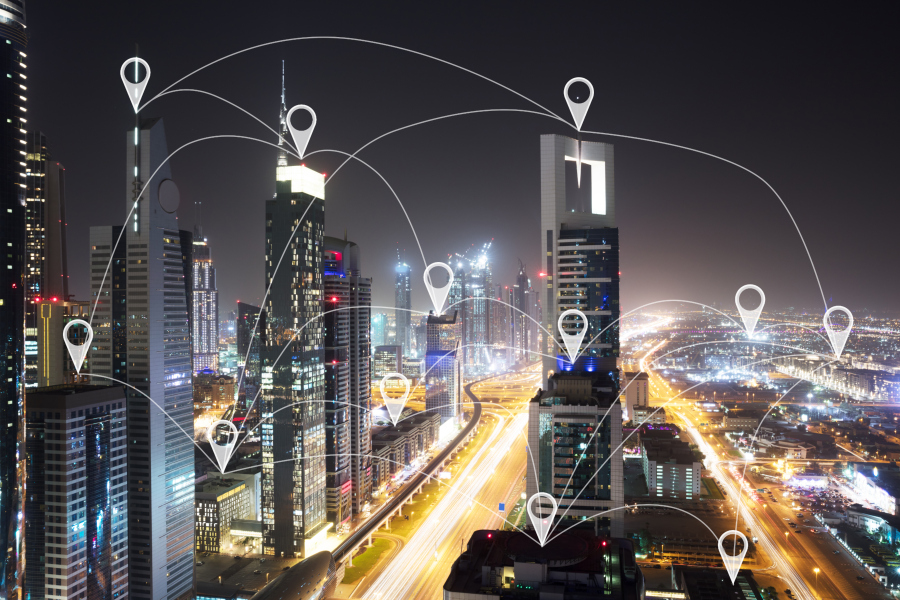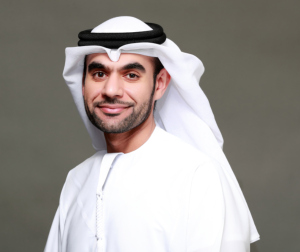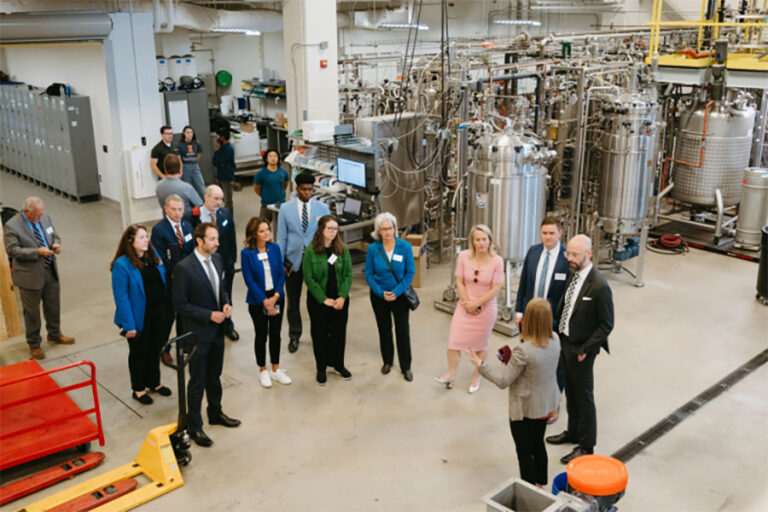
As well as building the digital infrastructure required to create new opportunities from multiple sources of data, Dubai authorities are developing the laws, regulations and institutional architecture to ensure the data-driven economy is governed by the principles of openness, transparency and responsibility, and that the needs of residents remain at its heart.
“Data holds the key to making Dubai the smartest, happiest city in the world,” says Younus Al Nasser, CEO of the Dubai Data Establishment (DDE), part of the Smart Dubai Office, which is spearheading the city’s digital transformation. “But our focus is not on collecting and analyzing the data for its own sake—it is on driving knowledge and innovation and empowering the people.”

& CEO, DDE
One of the major priorities for the DDE is to implement the emirate’s state-of-the-art open data legislation, which includes a series of policies covering all aspects of how data is classified, published, protected, shared and re-used.
Behind the scenes, Al Nasser and his colleagues are hard at work classifying and categorizing hundreds of different sets of data, from open data such as traffic information that can be shared freely with the public, to more sensitive sets to which access has been restricted exclusively to government departments.
“Dubai’s data law and data policies are the foundations for our smart city vision,” says Al Nasser, who is also the assistant director general of Smart Dubai. “Only by inspiring trust and facilitating a seamless exchange of information can we maximize the economic and social potential of our data.”
Dubai’s data strategy embraces both the public and the private sectors. In the public sector, the DDE has enlisted more than 380 people as “data champions” from across 56 different government entities. Responsible for implementing the emirate’s data laws in their respective departments and for creating a marketplace for shared data, these champions serve as standard-bearers for the city’s emerging data ecosystem.
Bridging the public and private sectors, the DDE has also created a course in data compliance with the Mohammed Bin Rashid School of Government as well as the region’s first Master’s in Data Science with the Rochester Institute of Technology.
“We are working hard to create a culture in which people from different organizations can sit down and develop joint initiatives to transform city services,” Al Nasser says.
“Data is the bedrock upon which a smart city is built.” Younus Al Nasser, Assistant DG, Smart Dubai & CEO, DDE
By aggregating and analyzing data from multiple sources, including tourism authorities, weather forecasters, telecom companies and transport organizations, Dubai has already transformed the way it runs the crucial service of crowd management. “Through data and AI we are helping authorities predict the size of crowds and forecast how they will behave,” Al Nasser explains.
Increasing numbers of private sector organizations are joining Dubai Pulse, the emirate’s city-wide data platform created and managed by Smart Dubai. On the secure foundations of Dubai’s data legislation, Dubai Pulse is now evolving into a decentralized market where the public and private sectors alike are able to exchange and monetize their data.
“Data will drive a new wave of economic prosperity.” Dr. Aisha Bin Bishr, DG, Smart Dubai
“We see ourselves as the enabler of a data marketplace that will transform city living, catalyzing new levels of innovation and entrepreneurship,” Al Nasser says. In total, the DDE estimates that Dubai’s investment in its data ecosystem could expand the city’s economy by up to 1.2% a year.
Interest in the pioneering work of Smart Dubai and the DDE reaches far beyond the UAE. As the city emerges as a global leader in the data economy, the UN hosted its World Data Forum here last October, while IBM has chosen to establish a Data Science Lab in Dubai and to organize a Chief Data Officer Summit in the city later in 2019.
In the financial services sector, Smart Dubai is working with Mastercard to analyze transactional data to generate new insights into Dubai’s current and future economic performance.
“Dubai is going to become a global benchmark for data,” Al Nasser says. “From data confidentiality to security to monetization, we are creating a vibrant but responsible data economy that will increase the quality of life for all of our people”![]()
As published in TIME magazine









